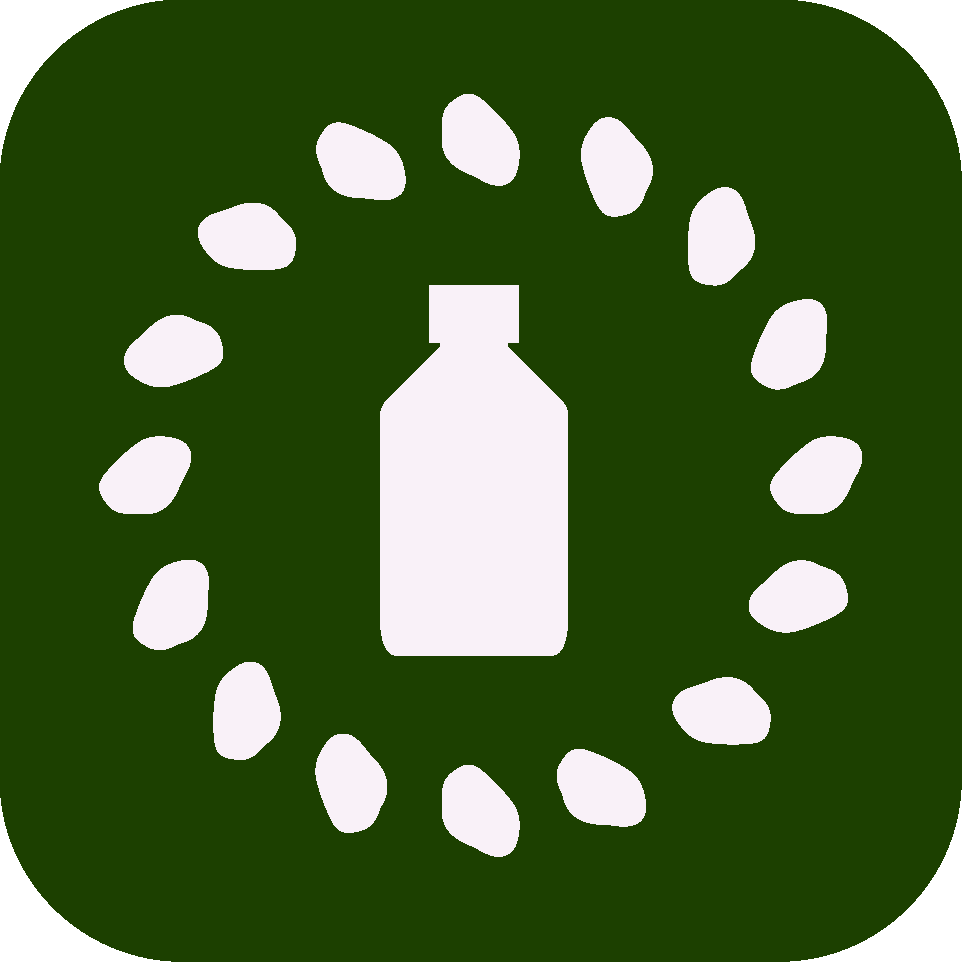Your body is a wonderful ecosystem. It is teeming with trillions of bacteria. Over the last 30 years, evidence has been mounting that many aspects of our health are closely intertwined with the diversity and resilience of our microscopic companions.
So, it’s not surprising that probiotics are everywhere now, just like bacteria. Which is what they are: probiotics are ‘good’ bacteria that can reshape your body's community of microbes, known as the microbiome.
Once probiotic bacteria reach the gut, the hope is that these newcomers, which are amazing biochemical factories, interact with existing gut bacteria and our own cells in a way that makes us healthier.
Why should I take a probiotic?
Many people take a daily probiotic supplement to keep generally well. Those friendly bacteria can positively impact your body by restoring gut balance, improving digestion, boosting immunity, and potentially supporting mental health and weight management.
There is a growing list of potential benefits:
Digestive Health
Improved Digestion: Probiotics can help break down food and absorb nutrients more efficiently, leading to better digestion and reduced digestive discomforts like bloating and gas.
Diarrhea Relief: Some probiotic strains can help prevent and treat diarrhea, particularly antibiotic-associated diarrhea.
Irritable Bowel Syndrome (IBS) Symptoms: Probiotics may help alleviate some symptoms of IBS, such as abdominal pain and bloating.
Gut Microbiome Balance: Probiotics help maintain a healthy balance of bacteria in the gut, which is crucial for overall digestive health.
Immune System
Enhanced Immunity: A healthy gut microbiome, supported by probiotics, can boost the immune system's ability to fight off infections and diseases.
Reduced Inflammation: Probiotics can help reduce inflammation in the gut, which can have a positive impact on overall health.
Protection Against Pathogens: Probiotics can help prevent harmful bacteria from colonising the gut, reducing the risk of infections.
Mental Health
Mood Regulation: The gut-brain connection suggests that a healthy gut microbiome can positively influence mood and mental health.
Reduced Anxiety and Depression: Some studies suggest that probiotics may help reduce symptoms of anxiety and depression.
Improved Cognitive Function: A healthy gut microbiome can contribute to better cognitive function and brain health.
Other Potential Benefits
Weight Management: Some research suggests that probiotics may play a role in weight management by influencing metabolism and appetite.
Skin Health: A healthy gut microbiome can positively impact skin health, potentially reducing inflammation and improving skin conditions.
Cardiovascular Health: Emerging evidence suggests that probiotics may have a positive impact on cardiovascular health, potentially reducing the risk of heart disease.
Fertility: Probiotics can help keep gut and vaginal microbiomes healthy, which can improve fertility through proper weight maintenance, metabolism, pH, sperm motility, and other biological functions.
During pregnancy and breastfeeding, probiotics may offer benefits like potentially reducing the risk of eczema in babies, improving digestive health for the mother, and supporting a healthy gut microbiome for both mother and baby.
How do I know if I need to take probiotics?
Try taking probiotics if you are experiencing digestive issues such as irregular bowel movements, bloating, are frequently ill, have skin issues, food intolerances, heightened anxiety, sleep problems, or have recently been on antibiotics.
When in the day should I take a probiotic?
Taking probiotics on an empty stomach, either before breakfast or before bed, can help them survive the stomach's acidity and reach the intestines where they can colonise and benefit your gut.
Whatever the time of day, the most important thing is to take your probiotics regularly, as this is crucial for reaping the benefits.
You can take a couple of microbz probiotics in a day, one in the morning and one in the evening. The gut benefits and the different herbal properties in the brews deliver important nutrients too. Or just alternate between your favourites day by day.
Can I take a probiotic if I am on antibiotics?
Yes, taking a probiotic while on antibiotics can help to buffer the side effects, particularly antibiotic-associated diarrhea.
We recommend continuing to take the probiotic for at least 3 months after the course of antibiotics to repopulate the gut with good bacteria.
What if I am pregnant or breastfeeding – can I take a probiotic then?
Yes definitely. You and your baby will benefit because you share good bacteria (as well as bad ones). Recent evidence shows that a baby’s gut starts developing in the womb and continues as he or she enters the world.
Supporting your mental and physical health through your pregnancy is vital for promoting healthy child development and giving your child a strong start in life
Breast milk is a rich source of beneficial bacteria and prebiotics, which further shape the infant's gut microbiome. Breast milk also contains human milk oligosaccharides (HMOs), which act as food for beneficial bacteria like Bifidobacterium and Bacteroidetes, promoting their growth.
What can I take my probiotic with?
Probiotics are sensitive to acidity, so avoid taking them with citrus juices, coffee, or other acidic beverages or foods.
- Heat can also damage probiotics, so avoid mixing them with hot liquids or foods.
- Processed foods, high in additives and unhealthy fats, can negatively impact gut health, potentially obstructing the benefits of probiotics.
- Sugars and artificial sweeteners can feed harmful bacteria in the gut, potentially counteracting the effects of probiotics.
- Carbonated drinks can negatively impact gut health and may interfere with probiotic effectiveness.
When should I not take a probiotic?
People with severely compromised immune systems, venous catheters, recent surgery, acute pancreatitis or prolonged hospitalisations should avoid taking probiotics.
If you are concerned, seek advice from your doctor or a trusted health practitioner.




